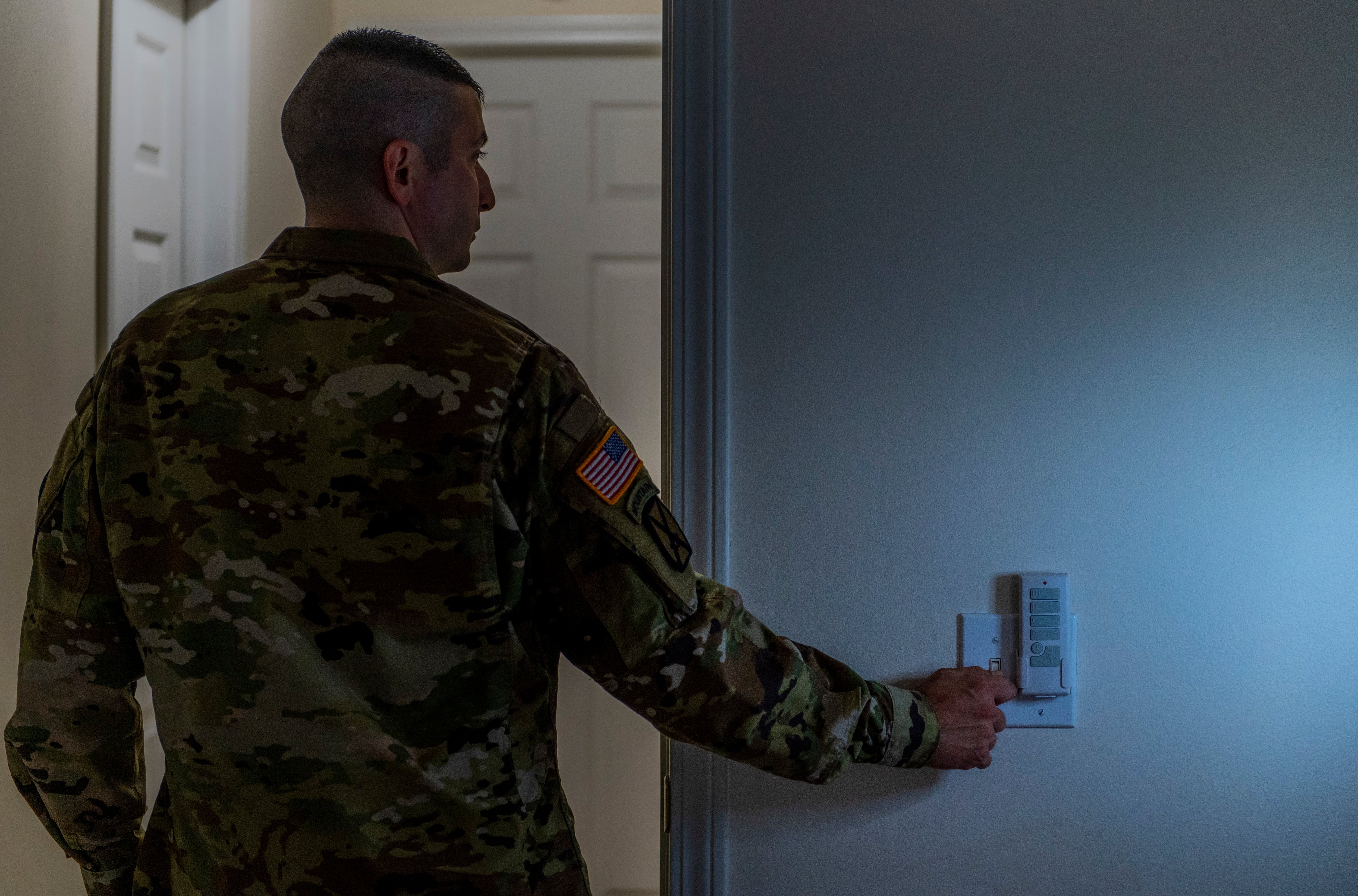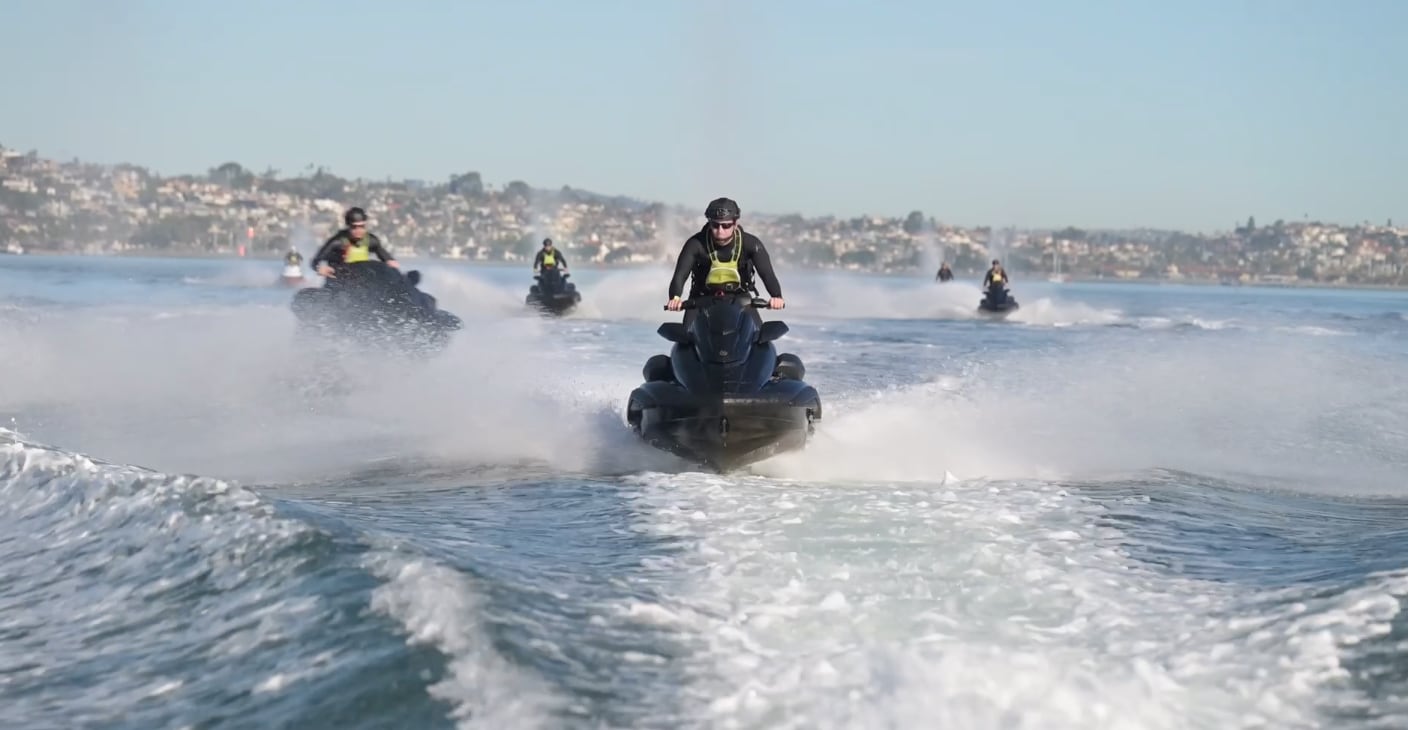The Virginia National Guard will mobilize 60 soldiers and airmen to provide statewide logistics and administrative support to U.S. Immigration and Customs Enforcement, with training to begin later this month.
The Guardsmen will not conduct law enforcement operations nor make arrests, the Virginia National Guard stated in an Aug. 8 release. They will be providing manpower to ICE in terms of answering phones, data entry, basic vehicle maintenance, biometric collection and other clerical duties.
“[Virginia National Guard] Soldiers and Airmen will report directly to ICE leadership at their assigned duty locations but remain under the control and direction of the Virginia Governor and Adjutant General of Virginia,” the release noted.
The 60 service members will conduct training this month and are expected to be on duty as of early September, although this timeline is liable to change, the release said.
“It’s logistics and administration and processing, not the field stuff ICE enforcement does,” Virginia Gov. Glenn Youngkin told reporters, according to a report by WHRO. “I believe strongly that the role of the Virginia National Guard is not law enforcement in this case, it’s to support the administrative side of things.”
National Guard troops serve under the authority of their respective state governors, with few exceptions to this rule. In July, the Defense Department announced that Guard units supporting ICE would do so under Title 32 status, meaning that, although their role is being federally funded, the Guardsmen will remain under the control of their state governors.
“Through active planning and collaboration with our ICE partners, the Department determined that specific operational needs may require direct interaction with individuals in ICE custody,” Chief Pentagon Spokesman Sean Parnell said in a July 25 statement. “This led to a reevaluation of DoD military personnel duty status, with Title 32 status providing the necessary authorities for these tasks.”
Although levels of current National Guard support to ICE are unprecedented, the Guard has actively cooperated with law enforcement agencies across different states for decades performing non-law enforcement related tasks.
The California National Guard, for example, has a robust counter-drug task force in which Guardsmen provide logistical support to U.S. Customs and Border Protection, including as backup to CBP at international ports of entry, which has been strongly supported by California Gov. Gavin Newsom. Similar task forces exist in other states, such as Colorado, where the Guard supports law enforcement with analysis, transportation, communications and other duties. These task forces have enabled law enforcement to perform separate functions while Guard troops provide manpower in basic clerical and mechanical tasks.
The Virginia National Guard’s announcement comes as governors in other states, including Florida, have begun the process of mobilizing Guard troops to provide logistical support to ICE.
The call-up of Guard troops is occurring amid a shift in approach towards ICE support at the Pentagon. In early July, 200 Marines deployed to Florida to provide support to ICE, Military Times previously reported.
However, those troops, in addition to Navy Reserve personnel, have since been withdrawn by the Defense Department.
Zita Ballinger Fletcher previously served as editor of Military History Quarterly and Vietnam magazines and as the historian of the U.S. Drug Enforcement Administration. She holds an M.A. with distinction in military history.





